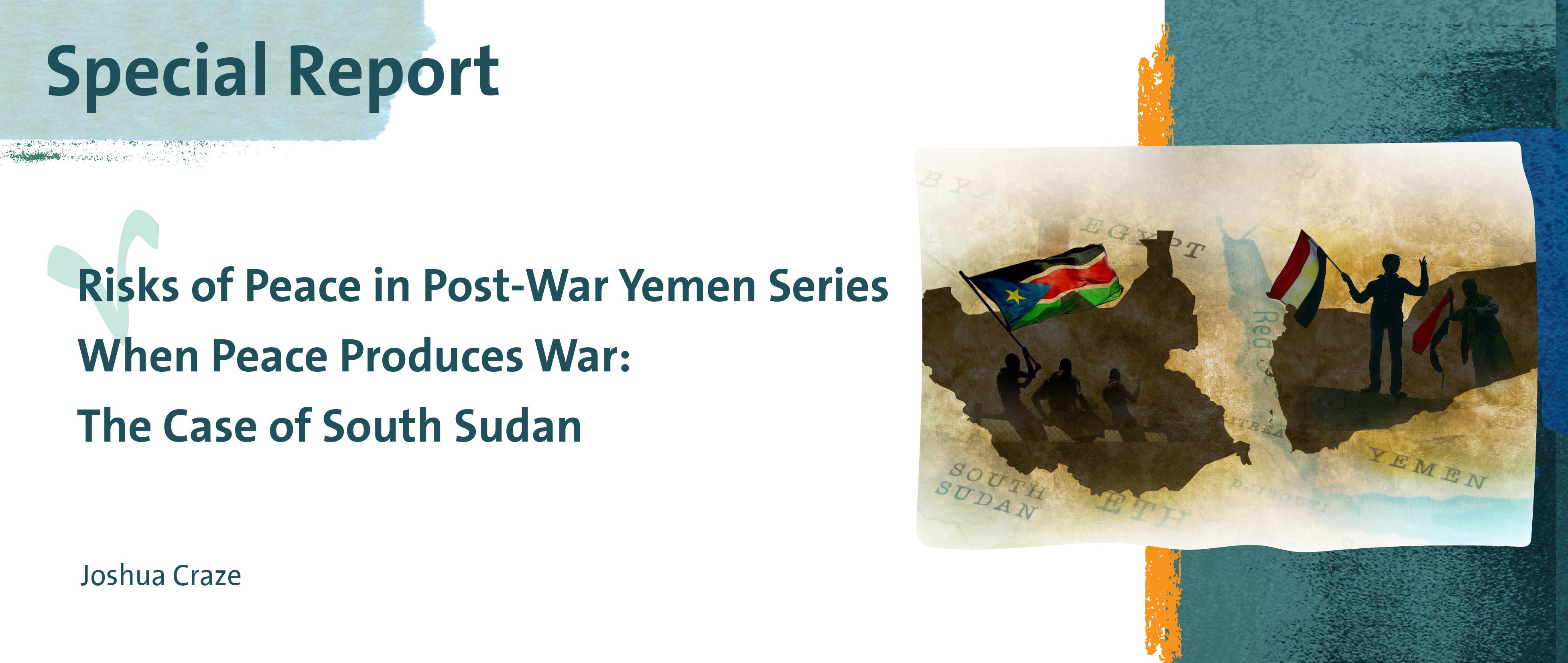Risks of Peace in Post-War Yemen Series - When Peace Produces War: The Case of South Sudan
Rather than preventing conflict, internationally backed peace agreements in South Sudan, Sudan, and elsewhere have established a system of incentives that structure elite compacts in the capital that actually intensify the political economy of war. Such peace agreements rely on a normative vision of the state that is at odds with how states have actually come to function in many conflict zones in the world since the 1980s. This normative vision enables peace agreements to be easily instrumentalized by elites and is a major reason why such agreements fail to prevent conflict. Such failures are not contingent but are structural properties of peace agreements that at best aim for regional stability rather than building sustainable and enduring peace.

